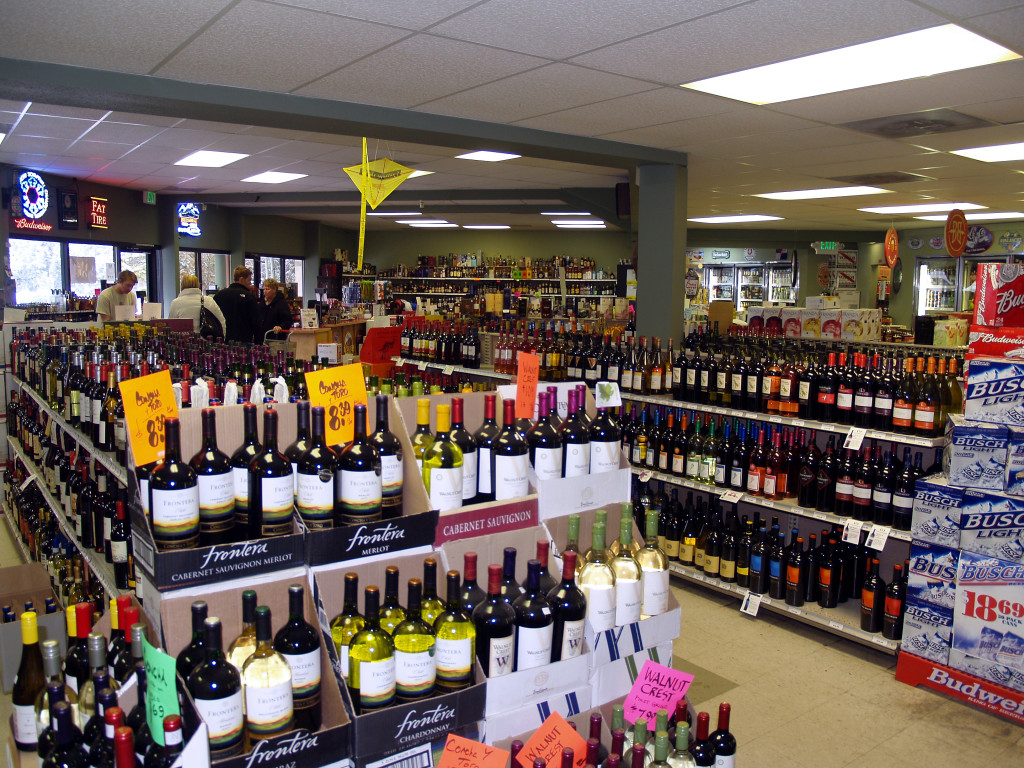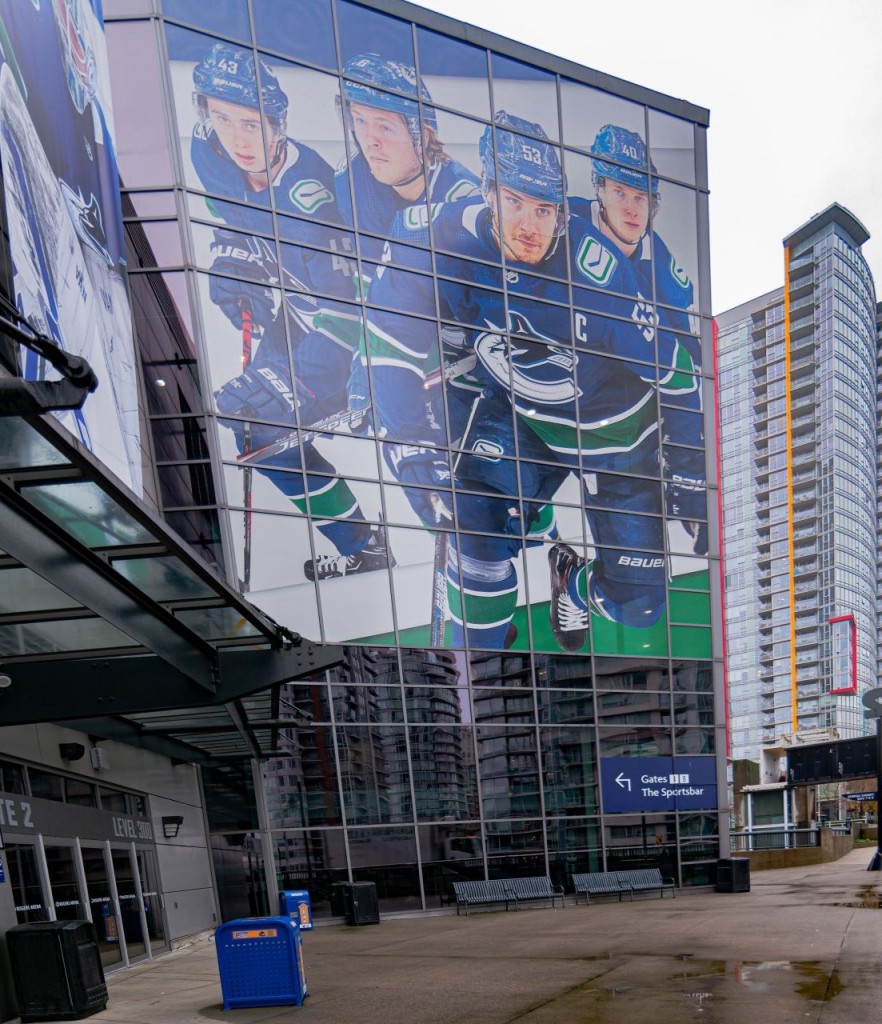Distance laws limit market sales
By Cazzy Lewchuk, Staff Writer
Recent changes to BC’s liquor laws might have less of an impact than expected, as a previous law places limitations on liquor establishments existing within one kilometre of each other.
On January 31, the BC government announced its support for 73 recommendations in a report amending current liquor laws. Many rules involving the sale and possession of liquor will be relaxed in BC, with some coming into effect as early as this summer. The policy with the most potential to impact the local liquor industry outlines the selling of alcohol in grocery stores, allowing for an expanded market.
BC Attorney General and Minister of Justice Suzanne Anton announced legislation on March 6 that included allowing grocery stores to sell liquor using a “store within a store” method. The liquor area of a grocery store would have separate checkouts, similar to many florist or pharmacy setups. However, a previously overlooked rule stating new liquor establishments cannot exist within one kilometre of another liquor store recently made waves. Out of the 53 grocery stores in Vancouver, only two exist outside a one kilometre radius of a liquor proprietor: the Choices Market locations on West 16th and West 57th.
Marketing manager for the Vancouver branches of Choices, Tyler Romano, told the Vancouver Sun that Choices may take steps to become liquor retailers once the laws go into effect.
“[The store on West 16th] is our flagship and we recently did expand it, so it’s definitely feasible.”
He explained the stores had been waiting on the details surrounding the new laws to see which establishments could renovate to accompany sales.
Jeff Groot, a spokesman for the BC government, suggested all other grocery stores can buy out or go into business with nearby liquor retailers.
“If it’s really profitable to [the grocery store’s] bottom line to sell liquor, and they make the liquor store an offer they can’t refuse, they’ll have the opportunity to transfer that licence,” Groot explained.
However, such procedures may prove difficult if not impossible, as many grocery stores have multiple liquor stores within the kilometre radius. Of the 53 grocery stores in Vancouver, 39 exist within a kilometre of two or more liquor retailers. Over 2/3 of the grocery stores in Vancouver will have to merge with or acquire multiple liquor stores in order to legally sell alcohol. In fact, some supermarkets downtown have more than 10 liquor stores within the distance limit.
“The reason we are keeping the one-kilometre rule in place is to help ensure we can maintain or improve on current protections for health and public safety, while avoiding market concentration,” Anton explained in an opinions piece for the Province on March 19, in response to media backlash.
The one-kilometre limit exists across the province, so a rural northern grocery store faces the same restriction as one in downtown Vancouver. In addition to the distance limit, BC will limit the total number of private liquor retailer licences at 670. Consequently, any additional grocery stores wishing to sell alcohol must acquire one of these existing licences, even if they are outside the one-kilometre radius.
It’s clear some licences and businesses will change ownership in the future, if the vast majority of grocery stores in Vancouver and the rest of BC wish to sell booze in the future. Official government policy of allowing grocery stores to sell liquor is expected to take effect in early 2015.



